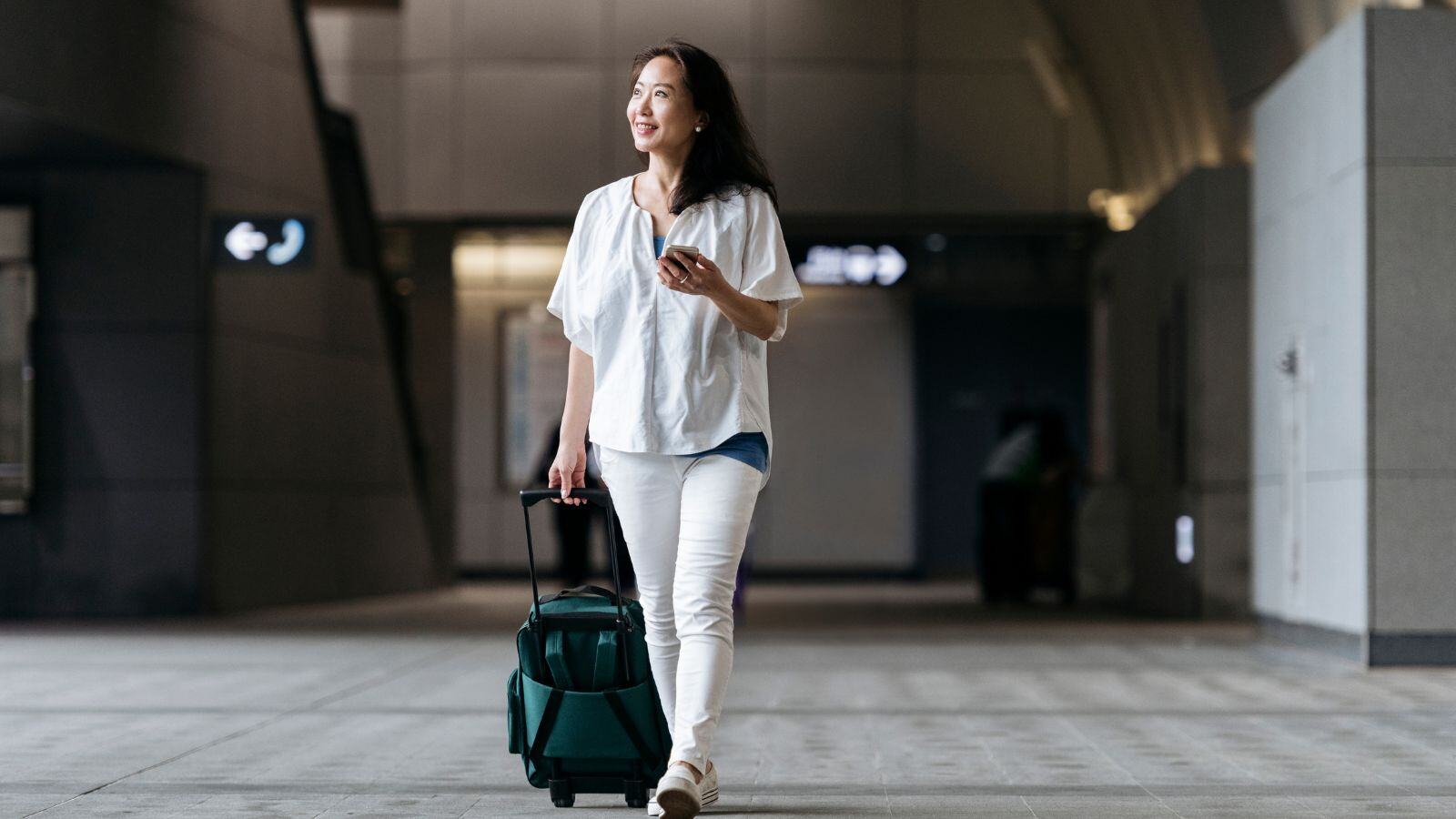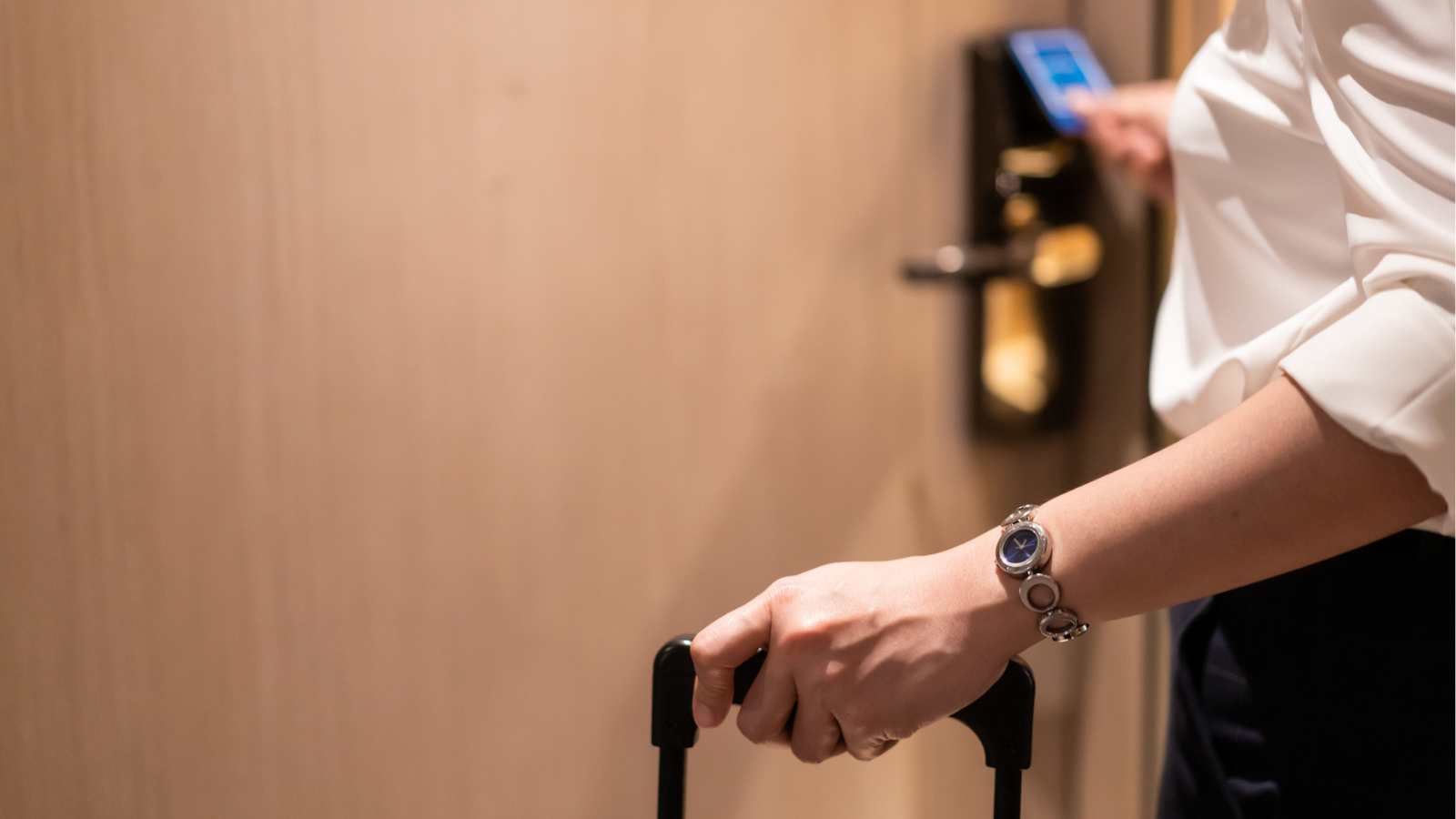As the jack-o'-lanterns are extinguished, and the costumes put away, the realm of travel technology remains ablaze with innovation. October's most compelling stories in the world of travel tech reveal an industry that is steadfastly committed to progress, including several pivotal studies that shed light on the trajectory of travel technology in 2023 and beyond.
DELOITTE: TRAVEL LEADERS EMBRACE AUTOMATION, TECH AS WORKFORCE CHALLENGES REMAIN - HOTEL MANAGEMENT
Although this piece from Hotel Management was technically published in September, we’re making an exception given the topic: Deloitte’s latest report on travel technology, entitled “Toward Travel’s Frictionless Frontline: Integrating Technology and Workforce.”
Deloitte’s report delves into how leaders in aviation and hospitality are strategically evaluating their investments in both technology and their workforce, emphasizing the importance of achieving a balance between the two. In an era of increased automation and technological advancements, the findings reveal that despite a growing reliance on automation, only a third of aviation and hospitality leaders anticipate staff reductions within the next five years, highlighting a continued need for human involvement in the industry. The significance of this lies in its recognition of the symbiotic relationship between technology and human capital in the travel sector.
There’s a clear expectation in the industry that technology will not only enhance the work experience but also create fresh opportunities for workers, reinforcing the critical role of balancing human skills with technology. This has, however, created a pressing concern: almost 50% of respondents listed the re-skilling of workers for new technology as one of their top three workforce priorities.
Yet beyond ensuring workers have the skills to operate in a tech-heavy environment, Deloitte's report on a whole underscores the pivotal role that technology and workforce integration will play in shaping the future of the travel industry, fostering a more efficient, guest-centric, and economically robust landscape.
Now Trending at Hotels: Sleep, Wellness and "Bleisure" - Axios
Deloitte’s wasn’t the only industry-centric study released since September: a new report from Hilton, “The 2024 Traveler,” sheds light on the changing preferences and priorities of post-pandemic travelers. Among the findings? The "revenge travel" trend, driven by a pent-up desire to explore the world, has redefined the standards for a comfortable hotel stay. Travelers are also now prioritizing a good night's sleep, healthy lifestyle amenities, and the integration of smart technology into their accommodations, a trend often referred to as "bleisure."
Hilton's response to these shifting preferences includes the introduction of "connected rooms" featuring amenities like Peloton bikes and high-tech controls via smartphone apps. Nightstands with wireless charging pads, digital room keys, and abundant bedside outlets cater to tech-savvy guests. This trend isn't limited to Hilton; other major hotel chains like Hyatt, Marriott, and Ritz-Carlton are also revamping their offerings to meet the evolving demands of travelers, encompassing everything from room amenities to local culinary experiences and cultural activities.
These findings for hospitality speak to a larger trend across the industry, where brands are refreshing and expanding their offerings with a focus on technology, comfort, and unique experiences. The happier and more comfortable travelers are during their travel experiences the more likely they'll be to spend their money, and return as a repeat visitor.
Study Examines Changing Role of Technology in Travel - Hotel Business
Yet another study examines the changing role of technology in the travel industry, this one from MMGY Travel Intelligence. Titled, “Emerging Technologies in Travel Tourism,” the comparative study delves into the impact of innovative technologies such as artificial intelligence, virtual assistants, and augmented reality on the travel industry.
The survey, which gathered input from over 1,000 U.S. adult travelers and more than 100 leaders from destination marketing organizations (DMOs), reveals several key findings. Notably, travelers are generally open to integrating emerging technologies into their travel experiences, especially for research and planning purposes. Nearly two-thirds of travelers have already relied on emerging technologies during their travels in the past year.
The study also highlights a discrepancy between travelers and industry leaders when it comes to the technologies with the most potential to enhance travel in the next five years. For travelers, the Internet of Things, virtual assistants, and virtual reality top the list, while marketers are particularly enthusiastic about generative artificial intelligence, virtual assistants, and augmented reality.
However, privacy and security concerns regarding personal data loom large in travelers' minds when using these new technologies, with three out of every four expressing reservations. This underlines the critical need for data compliance and stringent safeguards as the travel industry navigates this technological transformation.

Tech Modernization Fund awards $9M in Air Travel, Textile Industry Consumer Protection Investments - FedScoop
In a significant development for the travel industry and the broader travel technology landscape, the Department of Transportation (DOT) is one of two U.S. federal agencies set to receive a combined funding of just over $9 million from the General Services Administration-led Technology Modernization Fund. This investment will notably allocate $8 million to the DOT, specifically to modernize its outdated consumer complaint system for air travelers through the Office of Aviation Consumer Protection (OACP).
This modernization effort will have far-reaching implications for the travel industry. Enhancing the system responsible for tracking consumer complaints and cases for thousands of travelers each year will not only make it more convenient for consumers to understand their rights and file air travel service complaints but will also bolster the OACP's ability to analyze these complaints and enforce aviation civil rights and consumer protection laws.
In an era where consumer experience and protection are paramount in the travel sector, these advancements will play a vital role in helping airlines improve the overall travel experience while ensuring that travelers' rights and interests are safeguarded.
Your Face May Soon Be Your Ticket. Not Everyone Is Smiling. - The New York Times
The growing embrace of facial recognition technology in the travel industry is ushering in a new era of convenience for travelers. At Miami International Airport and numerous other U.S. airports, passengers can now board international flights without showing physical passports or boarding passes, as cameras match their faces to passport photographs. The technology is also expediting immigration for members of U.S. Customs and Border Protection's Global Entry program, and cruise ship operators are adopting facial recognition for passenger identification and safety measures.
While facial recognition promises increased efficiency, it also raises valid concerns about privacy and security. Some warn of the lack of recourse in the event of data theft or misuse and the absence of federal regulations governing biometric data. Private companies' management of facial recognition data is another source of concern. The technology's accuracy and potential bias, particularly for certain demographic groups, are additional issues to consider.
As facial recognition technology continues to proliferate in the travel industry, travelers are seeing immediate benefits like shorter lines and reduced document handling. Yet the trade-off between convenience and privacy remains a central theme. While the adoption of facial recognition undoubtedly streamlines travel processes, it also underscores the importance of striking a balance between the benefits and protecting travelers' privacy and data security.


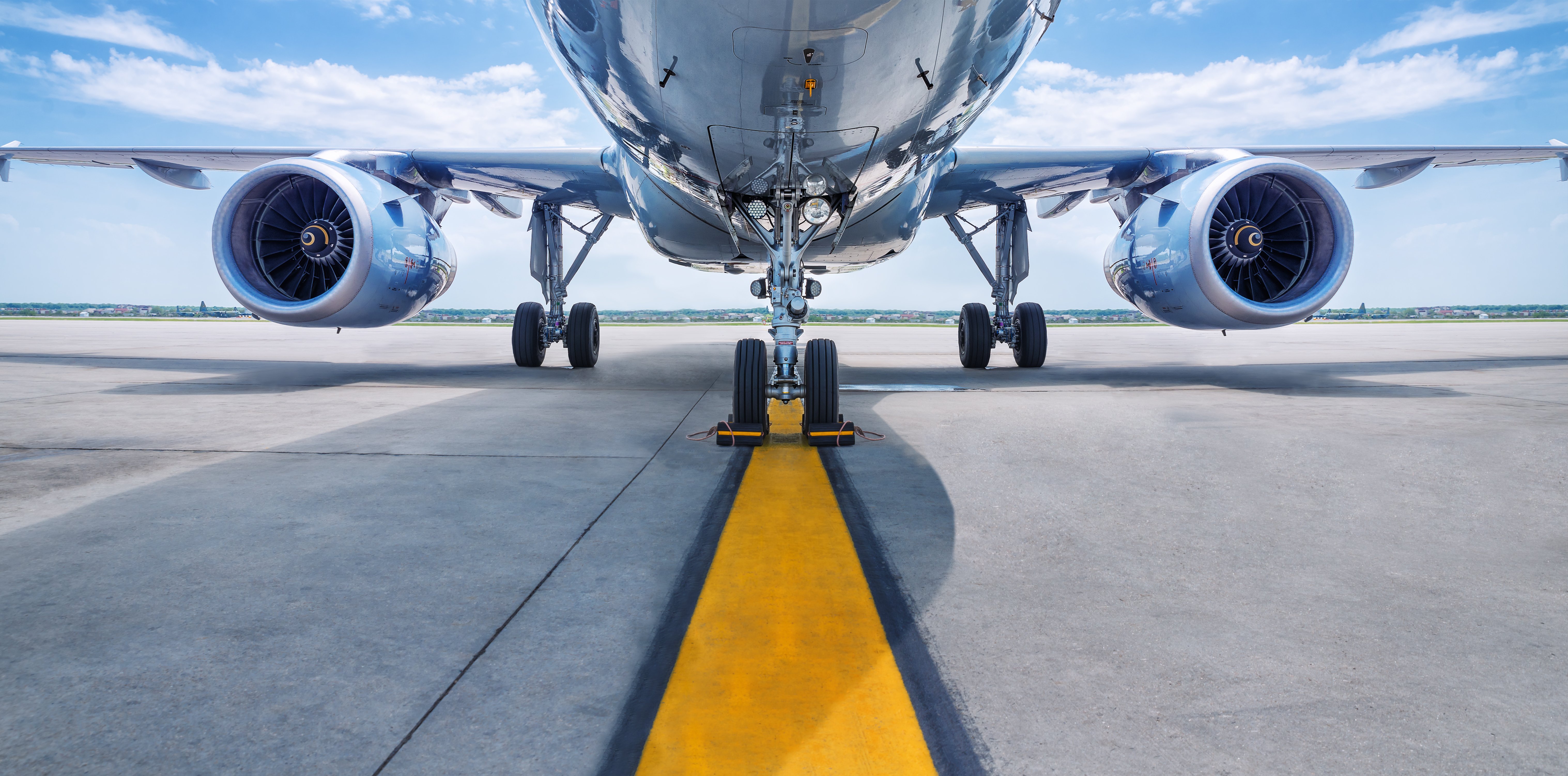

.jpg)

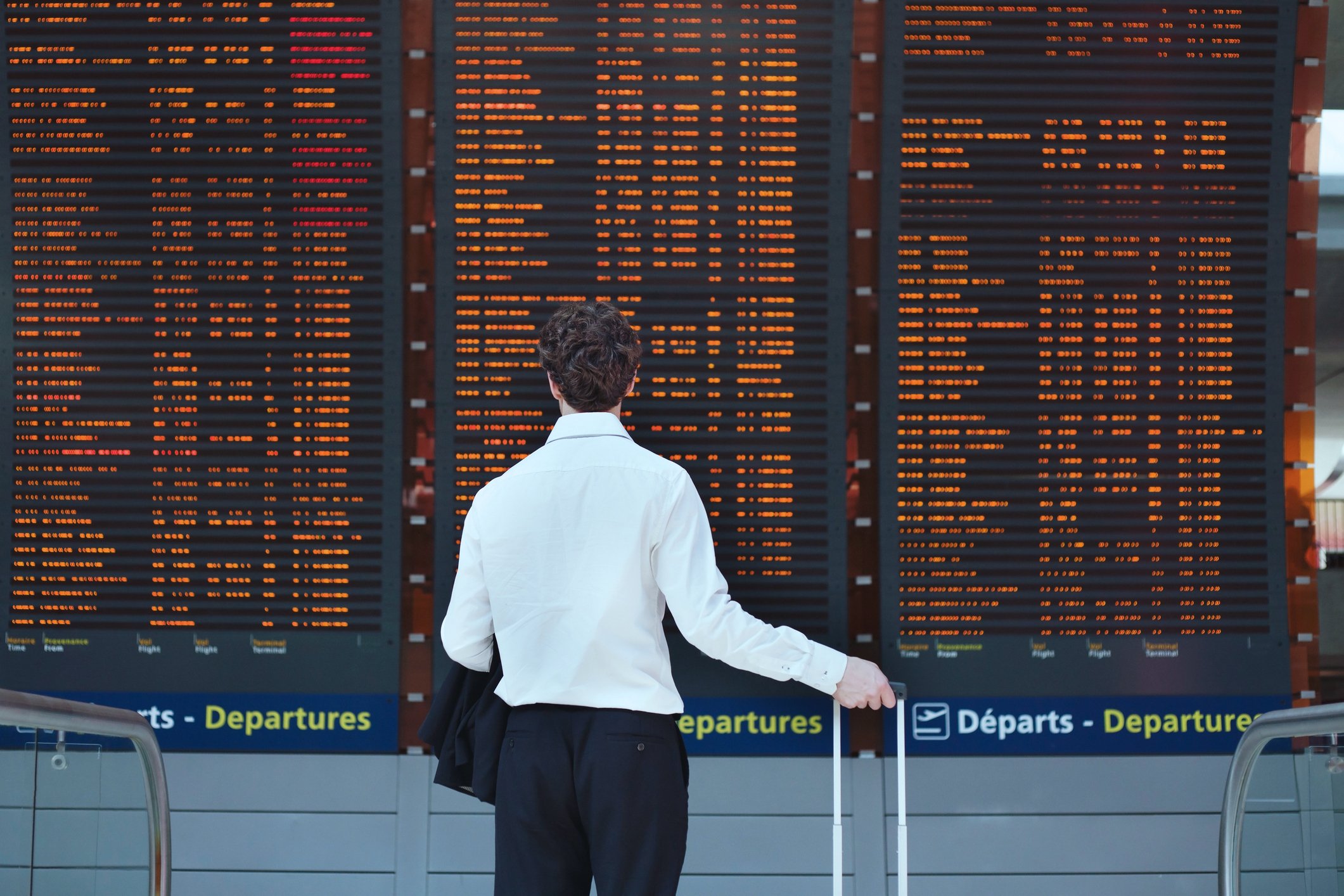

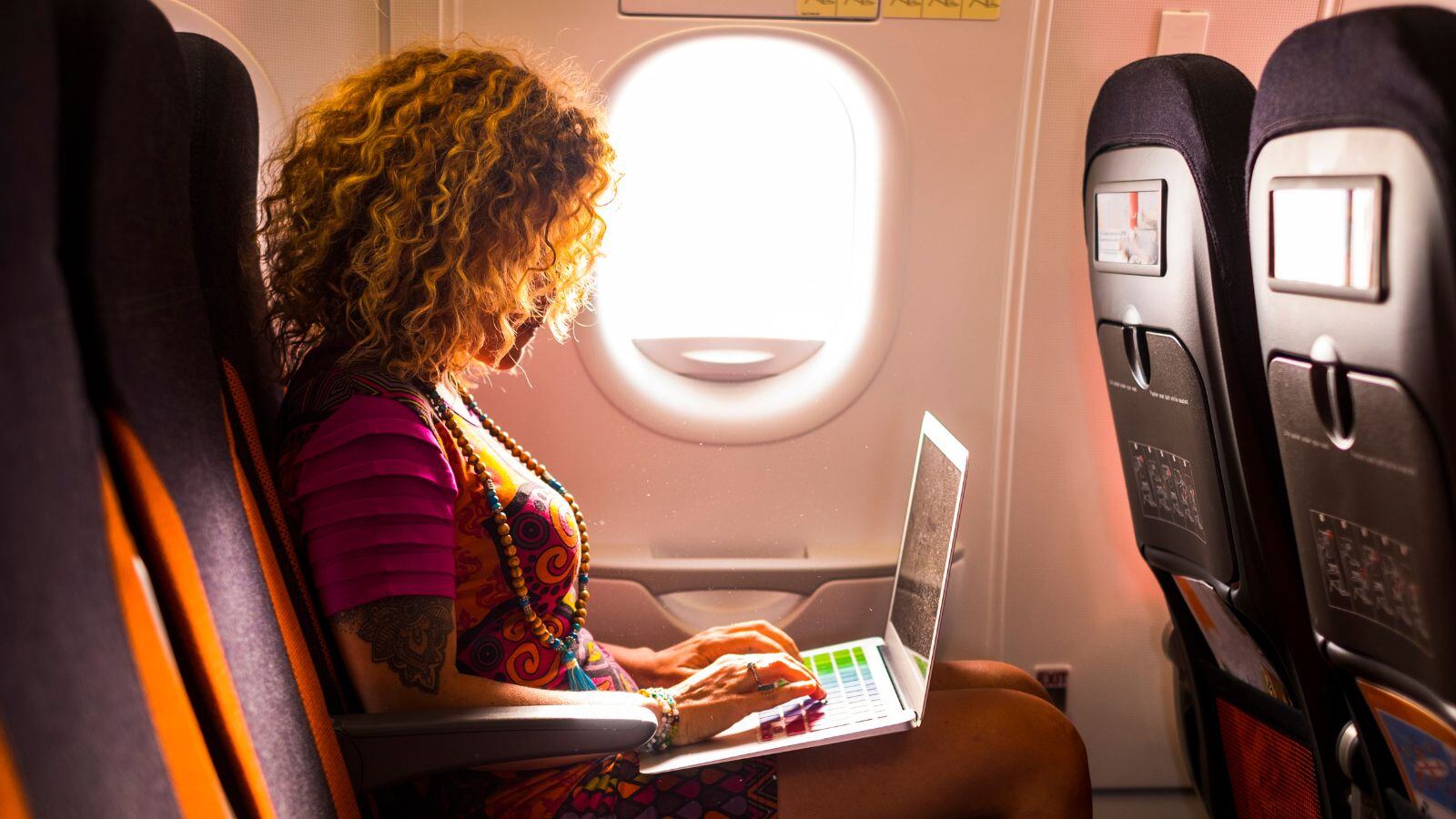
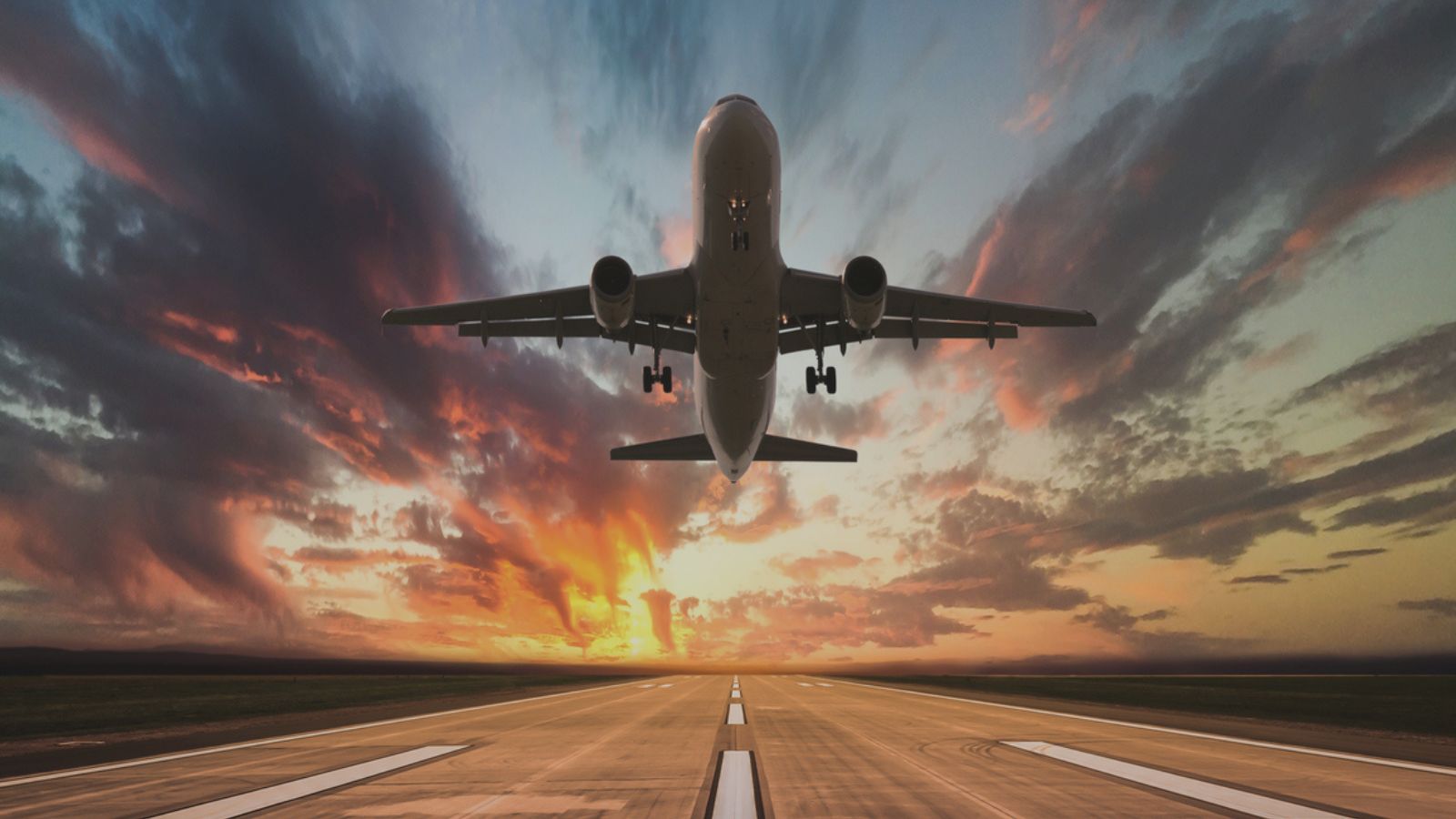
.png)

